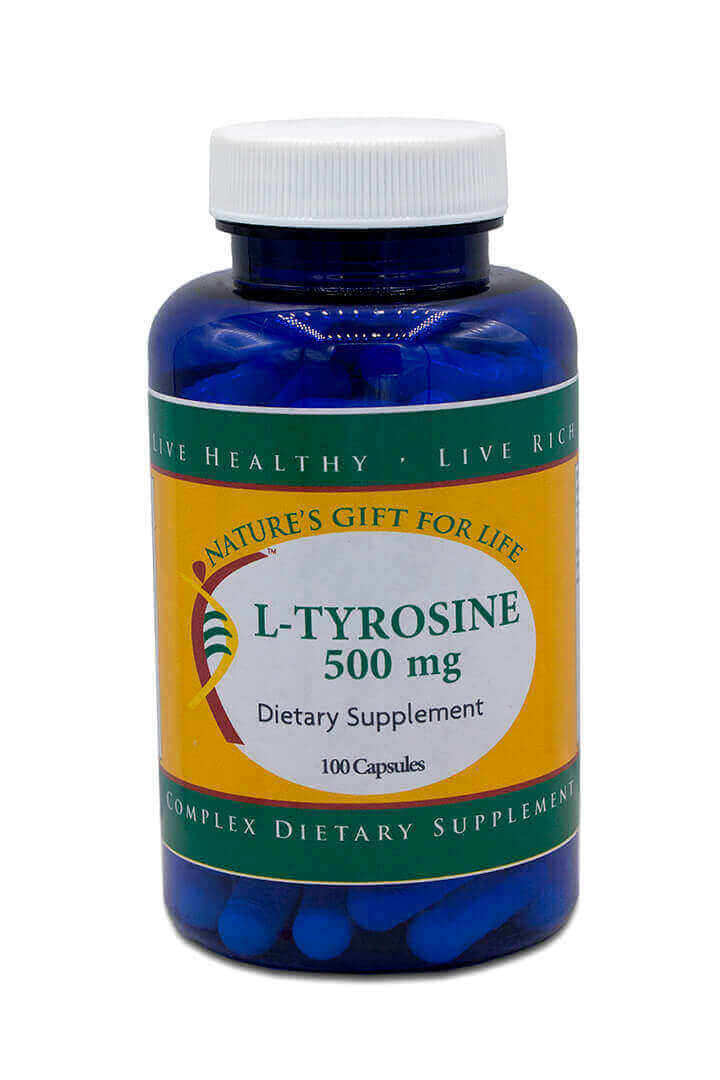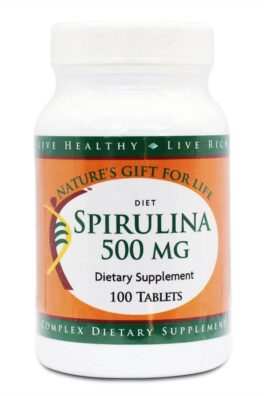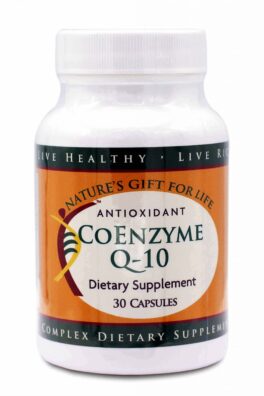L-tyrosine
- Preventing a decline in cognitive function performance especially during moments of stress
- Helps determine the body’s metabolic rate an adequate supply of tyrosine is crucial for maintaining a healthy metabolism and converting food into energy
- Because of its phenolic structure, tyrosine is a powerful antioxidant, scavenging and neutralizing numerous free radicals and inhibiting lipid peroxidation
>>>Read More
26,125CFA
L TYROSINE BENEFITS
- Preventing a decline in cognitive function performance especially during moments of stress;
- Helps determine the body’s metabolic rate an adequate supply of tyrosine is crucial for maintaining a healthy metabolism and converting food into energy;
- Because of its phenolic structure, tyrosine is a powerful antioxidant, scavenging and neutralizing numerous free radicals and inhibiting lipid peroxidation;
- Helps to improve mental alertness;
- By improving the rate of neurotransmitter synthesis, tyrosine stimulates the central nervous system and acts as an antidepressant;
- For a good state of mind (mood);
- Helps to provide endurance;
- L-tyrosine is essential for the production of thyroid hormones (T3, T4).
L-tyrosine is a conditionally essential amino acid because under normal conditions the body synthesizes sufficient quantities from phenylalanine. For those with phenylketonuria, however, a severe deficiency in the enzyme phenylalanine hydroxylase prevents conversion of phenylalanine to tyrosine, making tyrosine an essential amino acid for this population. Tyrosine is incorporated into proteins of all life forms and is a precursor of the neurotransmitters, adrenaline, noradrenaline, dopamine and melanin. Adrenaline and noradrenaline act on receptors in the cardiovascular system. Dopamine is involved in the transmission of nerve impulses. In the brain, dopamine is intensively released when you stay focused on a task. Melanin is responsible for the pigmentation of the skin, hair and eyes. Food sources of tyrosine include fish, soy products, poultry, eggs, dairy products, lima beans, almonds, peanuts, sesame seeds, pumpkin seeds, wheat germ, oats, avocados, and bananas.
This amino acid is a basic building block for the synthesis of thyroid hormones and is particularly important for energy metabolism. The more the thyroid hormones are shaken the more the metabolism will increase. This applies to all organs, except the brain, testes and spleen.
PHARMACOKINETICS
Ng4l L-tyrosine is absorbed from the small intestine and transported to the liver via the portal circulation. L-tyrosine not utilized by the liver enters the systemic circulation and is distributed to various body tissues where it is utilized in three different metabolic pathways:
- Absorbed into the tissues and incorporated into proteins and peptides;
- Used as precursors in smaller amounts for thyroxin, melanin, and neurotransmitter synthesis; or;
- Deaminated to form the gluconeogenesis substrate, p-hydroxy phenylpyruvic acid. In the latter process, the enzyme catalyzing this reaction (tyrosine transaminase) exhibits a marked diurnal variation in liver concentrations, causing a similar degree of diurnal variation in plasma tyrosine levels in normal humans.
PRESENTATION: Bottle of 90 capsules
Ingredients | Amount per serving | %daily value |
L-Tyrosine(freeform) | 500mg | * |
Other ingredient: microcrystalline cellulose, vegetable stearic acid; vegetable magnesium stearate, croscarmellose sodium and pharmaceutical glaze. | ||
DOSAGE: Adults, 500mg-2g per day before meals with a large glass of water.
INDICATION
Depression or attention deficit disorder (ADD or ADHD, hypertension, stress, cognitive function and memory, Parkinson’s disease, phenylketonuria (PKU), and narcolepsy, chronic fatigue syndrome, alcoholism, improving alertness following the loss of sleep.
L-TYROSINE AND STRESS
L-Tyrosine is the precursor of the catecholamines; alterations in the availability of L-tyrosine to the brain can influence the synthesis of both dopamine and norepinephrine in humans. In animals, stress increases the release of catecholamines, which can result in the depletion of their levels, an effect that can be corrected by giving L-tyrosine. L-Tyrosine does not seem to enhance the release of catecholamines when neurons are firing at their basal rates, but it does when firing rates are increased by stress.
| Weight | 97 g |
|---|






There are no reviews yet.